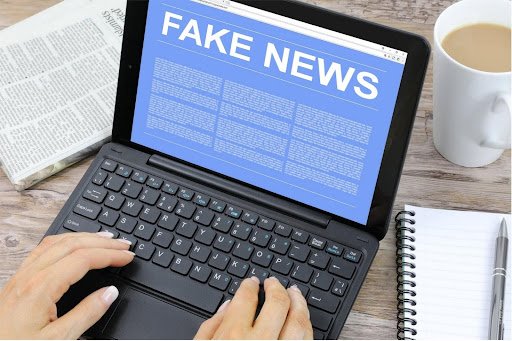
In recent years, a new kind of social media has been quietly gaining ground—decentralized social media. At first, I didn’t quite get it. I was used to the likes of Facebook, Twitter, and Instagram. Platforms where a single company calls the shots. But decentralized platforms, like Mastodon, Lens Protocol, or Farcaster, work differently. They don’t have one central authority running the show. Instead, power is shared across a network of users and servers. Think of it as social media, but without a king on the throne.
The idea is simple but powerful: no one entity controls your data, your speech, or your community. That’s appealing, especially in an age where big platforms have faced criticism for censorship, data privacy breaches, and profit-driven algorithms. But the real question that’s been on my mind is this: can decentralized social media stop fake news? As someone who uses both traditional and decentralized apps, I’ve been watching closely. And the answer isn’t as black and white as we’d like.
Fake news isn’t new. We’ve seen propaganda and false rumors long before the internet. But now, it spreads faster than ever. One misleading post can reach thousands within minutes. And when it aligns with people’s beliefs, they’re even more likely to hit “share” without checking the facts.
Traditional platforms have tried to fight it. Facebook started labeling false information. Twitter added “community notes.” TikTok uses AI to detect manipulated content. Yet, despite all that, misinformation still thrives. Why? Because the problem isn’t just the content—it’s the structure.
These platforms rely heavily on engagement. The more clicks, the better. That means their algorithms push content that sparks strong reactions—outrage, shock, fear. Unfortunately, fake news often does exactly that. So even if a post is flagged later, the damage is usually done.
Also, trust in fact-checkers varies. Some see them as biased. Others just ignore them altogether. And in many countries, governments step in and either force platforms to take down content or block access altogether. This often fuels more distrust and conspiracy thinking.
Here’s where decentralized social media might help. At least, in theory. Without a single company setting the rules, users have more control. Communities can choose their own moderation policies. Some use open voting systems. Others rely on reputation scores. That flexibility could create a healthier environment.
One promising aspect is transparency. On many decentralized platforms, moderation decisions are public. Code is often open-source. That means anyone can check how things work. This could help build trust. When you can see why something was flagged or removed, it feels less like censorship and more like a community decision.
Then there’s the absence of engagement-hungry algorithms. On Mastodon, for example, there’s no algorithm pushing viral content. You see posts in the order they’re made. That alone reduces the spread of misleading headlines that thrive on shock value.
Some platforms are experimenting with verified sources, letting users tag credible information or sources. Others allow communities to “crowd-moderate,” similar to Reddit’s upvote/downvote system, but more transparent and diverse. These tools can help surface accurate information while burying lies.
However, there’s a catch.
Decentralized platforms aren’t immune to fake news. In fact, without centralized moderation, lies can spread just as easily—or even more so. On a server that doesn’t care about truth, anything goes. So while decentralization offers tools to fight fake news, it also puts more responsibility on users.
That’s both exciting and risky.
People need to be media literate. They need to know how to spot fake news, check sources, and think critically. That’s a lot to ask in a fast-scrolling world. But maybe, just maybe, these platforms can encourage that behavior. When the responsibility shifts from companies to communities, we might see a change in mindset.
As a regular user dipping into both worlds, I think decentralized social media has potential. It won’t magically stop fake news, but it gives us new tools to deal with it. More control. More transparency. More flexibility.
But we have to use those tools wisely. We can’t expect the platform to do all the work. Fighting misinformation is a collective effort. Whether we’re fact-checking posts, questioning claims, or setting community rules, it starts with us.
Right now, decentralized networks are still growing. They’re not perfect. They’re not mainstream. But they do offer a glimpse into a future where people, not algorithms or corporations, decide what truth looks like.
In the end, stopping fake news won’t come from a single feature or setting. It’ll come from how we choose to interact, what we choose to believe, and whether we value truth more than attention. Decentralization won’t fix the internet overnight. But it might just help us build a better version of it—one that we shape together.
Would you be open to trying a decentralized platform yourself?